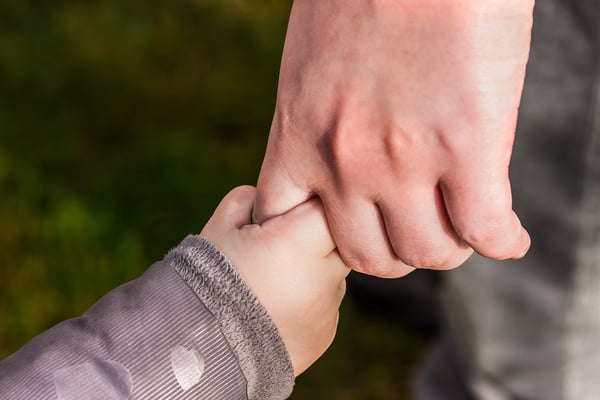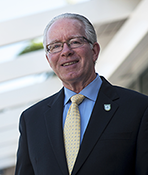At what point does the friendship a parent shares with an adult child supersede the requirements of good parenting?
The use of the term adult child in the previous sentence is very intentional. The term good parenting is also intentional. I have met some brilliant, insightful, and talented young people in our Upper School and in the other Upper Schools where I have served. As brilliant, insightful and talented as they may be, their life experiences have been limited by their short time on the planet. I’m not saying it’s impossible, but I have just not met a teenager who has enough life experience to truly function as a friend, peer, and confidant to an adult. That is why it is concerning when we hear about parents who treat their teenage children like friends.

Earlier today I heard a TED Talk in which the speaker was saying that parenting is the most difficult job in the world. I disagree. Parenting must be pretty easy or there would not be so many people on the planet. However, good parenting is a demanding role. I have met many great and good parents. Some have extraordinary friendships with their adult children. Yet, while their children were growing up, these good parents made good parenting a priority. The friendships came later.
Wikipedia defines parenting in the following manner: “Parenting or child rearing is the process of promoting and supporting the physical, emotional, social, and intellectual development of a child from infancy to adulthood. Parenting refers to the intricacies of raising a child aside from the biological relationship.” Wikipedia continues to describe the concept of “good enough” parenting, a term developed by the English psychoanalyst Donald Winnicott, and then describes various parenting styles. I appreciate Wikipedia’s definition better than others I have seen. I like this more comprehensive view of parenting. Yet, many parents are aware that parenting does not end when our teenagers and young adults move into full adulthood. Those people would probably agree with me that “good enough” is not good enough.
The importance of teachers, coaches, and parents having close, positive, and trustful relationships with students and teens cannot be over-emphasized. At the same time, the importance of having appropriate boundaries in those relationships is critical. The great parent, teacher, and coach knows how to maintain those boundaries while developing a positive relationship with a younger person. Knowing how to teach someone to express their own opinion but not becoming overly familiar while doing so is often a great starting point. Knowing how to work together but making sure that others are included is important. Learning to share responsibilities for set up, break down, and expenses are important lessons as we move young adults toward the independence of full adulthood. Teaching and learning how to move in and out of roles as the leader, the follower, the team member, and independent practitioner all help prepare our children for adulthood.
Children deserve to have parents/guardians who will be there to support their physical, emotional, social, and intellectual development. One hopes that children and their parents/guardians will find ways to have fun and comfort from being together. Yet, adults need to model for their children how to have positive relationships with peers, and while doing so, need to encourage their children to develop strong relationships with their own age group.
If the day comes when one’s adult children become legitimate friends, great. But while children are growing up they benefit from having adults treat them with respect and dignity while at the same time giving them a chance to experience the developmental activities that come from being a child. It’s good when a parent knows to sit back and let children learn to manage social-emotional events that provide them with experiences and lessons that will guide safe, thoughtful, and hopefully wise decisions when the child emerges as an independent thinking adult.
















